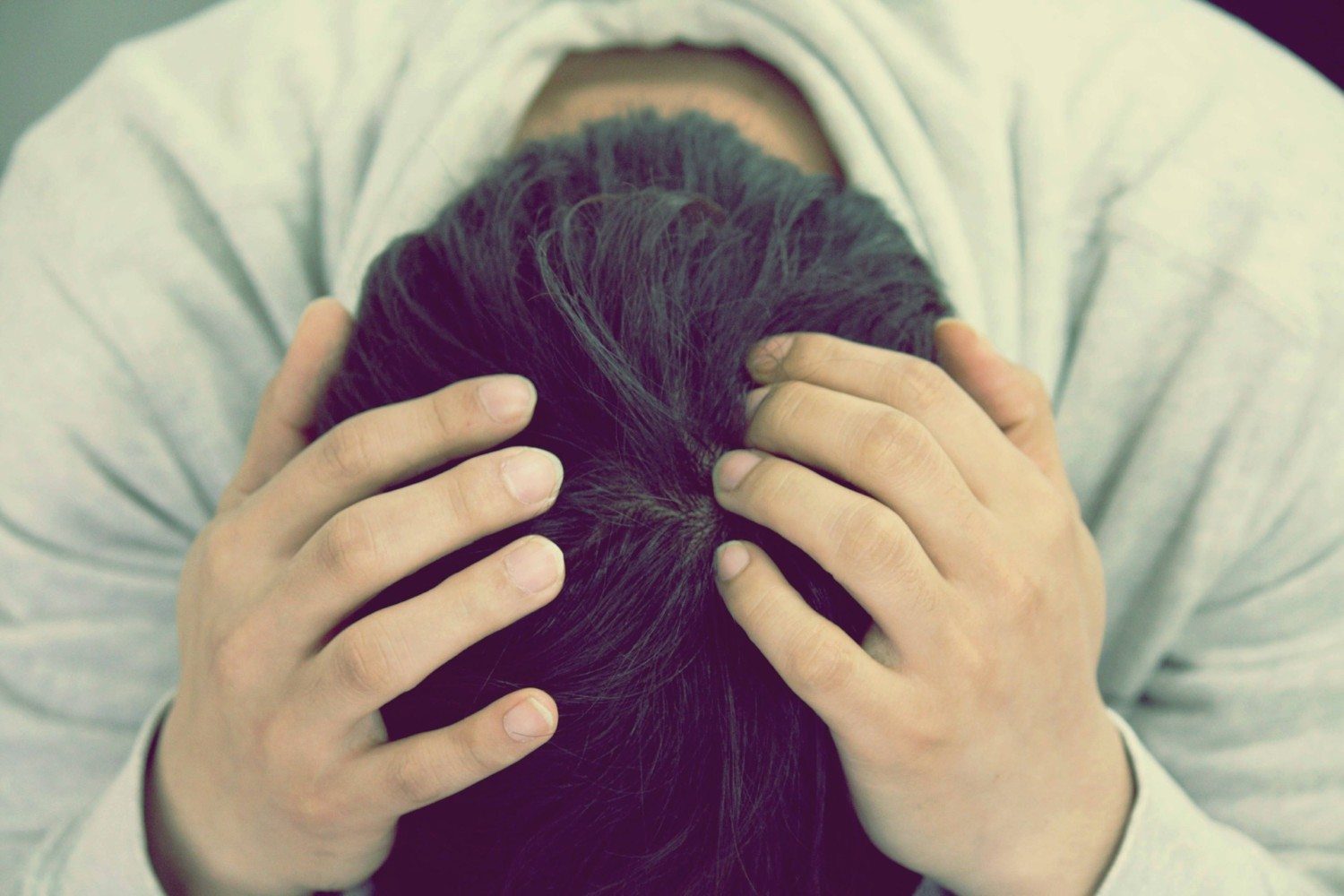7 anxiety myths we need to stop believing right now

Anxiety. It’s a term our culture has become all too familiar with as our lives seem to get busier and busier. As conversations about anxiety become more mainstream, however, many misconceptions about anxiety disorders have popped up. These myths are not only inaccurate, but also can lead to confusion, fear and an avoidance of getting treatment for a serious condition.
Here are 7 myths about anxiety we have to stop believing right now:
1. Myth: Anxiety Disorders Are Not Common
In truth, anxiety disorders are the most common form of mental illness in the U.S. according to the Anxiety and Depression Association of America. Nearly 40 million people who are 18 years or older—about 18 percent of the U.S. population—struggle with anxiety disorders every year.
2. Myth: Being Anxious Means You Are Mentally Ill
Anxiety, in the general sense, means having an “apprehensive uneasiness or nervousness usually over an impending or anticipated ill,” according to Merriam-Webster. In other words, it’s feeling worried about something that may or may not happen.
Everyone, on some level, experiences anxiety in their lives. However, there is a major difference between having some anxiety and having a mental illness.
“It’s important to note that all of us can feel—and look—anxious from time to time, and in certain situations even the most calm of people can be triggered to feel anxious,” Simon Rego, Psy.D., director of psychology training at Montefiore Medical Center/Albert Einstein College of Medicine in New York told BuzzFeed Life. “That does not mean they have an anxiety disorder.”
So what’s the difference between having feelings of anxiousness and having an anxiety disorder? The bottom line: An anxiety disorder has symptoms that get worse and do not go away over time.
3. Myth: People With Anxiety Disorders Are Weak
Have you ever heard someone tell a person who was struggling with anxiety to “just get over it”? Advice like that implies the person’s ability to cope is weak and that they just need to stop being afraid. Unfortunately, that’s not true, and can make people avoid dealing with serious issues.
“Many people think that having this disorder means that they’re fearful or weak—and that’s certainly not the case,” Joseph Bienvenu, an associate professor of psychiatry and behavioral sciences at Johns Hopkins University, told HuffPost. In reality, anxiety and panic disorders may show signs of fear, but that is simply a symptom of a bigger problem that needs to be addressed.
4. Myth: People With Anxiety Disorders Should Avoid Stress Completely
How do you avoid stress completely? We can’t! So giving that advice to someone is setting them up for a major fall. Stress isn’t always a bad thing. Psychology Today says “Stress is actually useful” to us. Why? It motivates us to get the job done. For example, if we didn’t experience stress about losing our job, we simply wouldn’t show up if we didn’t feel like it. Or students would never study for a test if they didn’t stress over their grades.
While stress can trigger extreme anxiety in some people, having controlled, safe exposure to it can teach them how to better manage the situation. So, in the long run, it can help reduce their anxiety.
5. Myth: It’s Easy To Spot Someone With An Anxiety Disorder
Anxiety disorders are tricky to spot. Many times, we think we can identify someone who is suffering from serious anxiety because they appear “stressed out” or agitated. In actuality, the person who appears calm, quiet or shy can be the one dealing with an anxiety disorder. Remember, you can’t judge a book by its cover.
6. Myth: There’s Always A Reason For Anxiety
One of the most frustrating things for people who struggle with significant anxiety is that they can’t give a reason for their feelings. So when they’re asked, “What’s wrong?” and they can’t give an answer, they aren’t being evasive or avoiding the subject. They actually may not know the source of their anxiety.
“Anxiety disorders are, by definition, irrational,” Simon Rego, Director of Psychology Training at Montefiore Medical Center/Albert Einstein College of Medicine in New York told BuzzFeed.
7. Myth: Anxiety Treatment Doesn’t Work Or Takes Too Long
The good news for many people with anxiety disorders is that they can be treated successfully. Psychologist Greg Hajcak told Everyday Health that the average person with an anxiety disorder waits about 10 years to get help because of these myths. Why? They often think they can handle it on their own, or that it will go away. Unfortunately, that’s not always the case.
Hajcak cited studies showing that people who participate in cognitive behavioral therapy (or talk therapy) experience improvements “within a few months or even a few sessions.” And about 75 percent of people who go to therapy show a 50 percent reduction in their symptoms.
Struggling with anxiety? Don’t go it alone.








